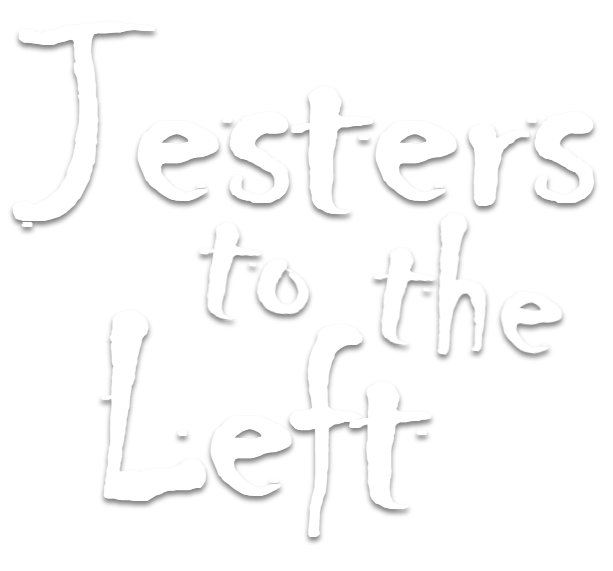“Take It Easy” was the debut single by the Eagles, written by Jackson Browne and Glenn Frey, who also provides lead vocals. It was released on May 1, 1972. It was also the opening track of the band’s eponymous debut album and has become one of their signature songs. Here’s the Jesters…Take it Read More …
Category: Origin
Steppin Stone
“(I’m Not Your) Steppin’ Stone” written by Tommy Boyce and Bobby Hart first recorded by the English band the Liverpool Five in early 1966 as well as Paul Revere & the Raiders. The most popular version was recorded by The Monkees. Jesters to the Left have been performing Read More …
Come Back [ORIGINAL]
A Jesters to the Left original, Come Back.
Sunny Daze
Sunny Daze is a Jesters to the Left original written in 2020. A story of a rock performer on the road who loves what he’s doing but wants to get back home to her.
Proud Mary
Proud Mary as performed by Jesters to the Left is a combination the original CCR version and the Ike and Tina Turner slow and easy start with a faster heavier finish. I grew up on Creedence so I love performing this song and it’s always Read More …
Lonely Boy
This 2011 Black Keys song about a man who believes he is so far above everyone else, particularly his woman. But as the lyrics go “I came to love you anyway”, and even when she hurts him he doesn’t mind “bleeding”, even if the woman Read More …
Pink Houses
Pink Houses – written by John Cougar Mellencamp and released on 23 October 1983. It reached No. 8 on the US Billboard Hot 100 in early 1984 and No. 15 in Canada. “Pink Houses” was ranked No. 447 on Rolling Stone magazine’s list of The 500 Greatest Songs of All Time.
Whole Lotta Shakin
Wole Lotta Shakin was first recorded by Big Maybelle, though the best-known version is the 1957 rock and roll/rockabilly version by Jerry Lee Lewis – A classic!
Slow Down
Written and recorded by Larry Williams in 1957 and described as “raucous enough to be punk rock nearly a full two decades before the concept was even in existence.” The Beatles version was recorded in on June 1, 1964 at EMI Studio 2 London. George Martin added piano overdubs three days Read More …
